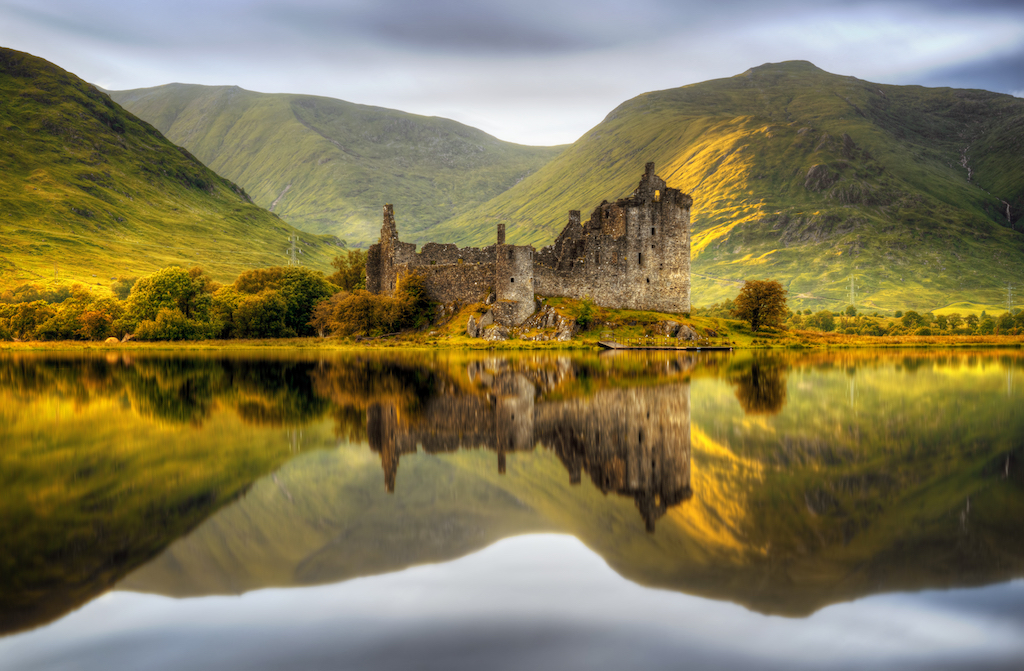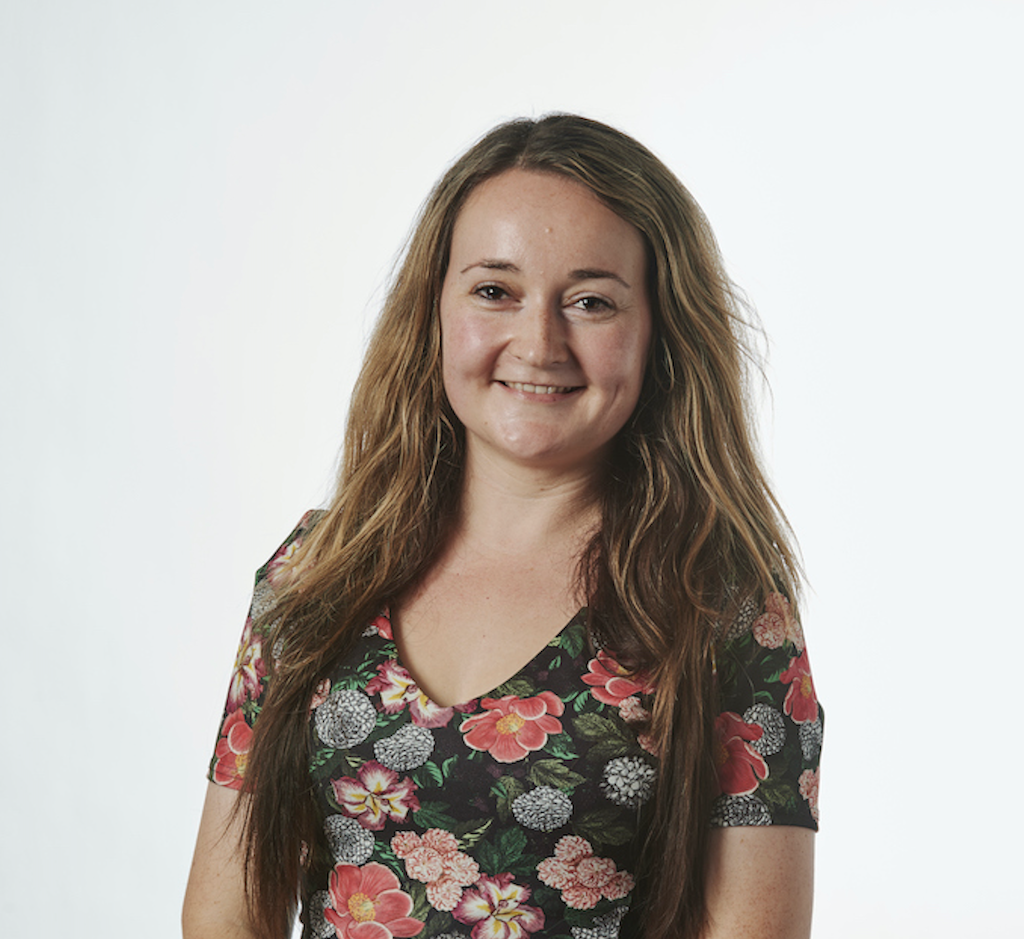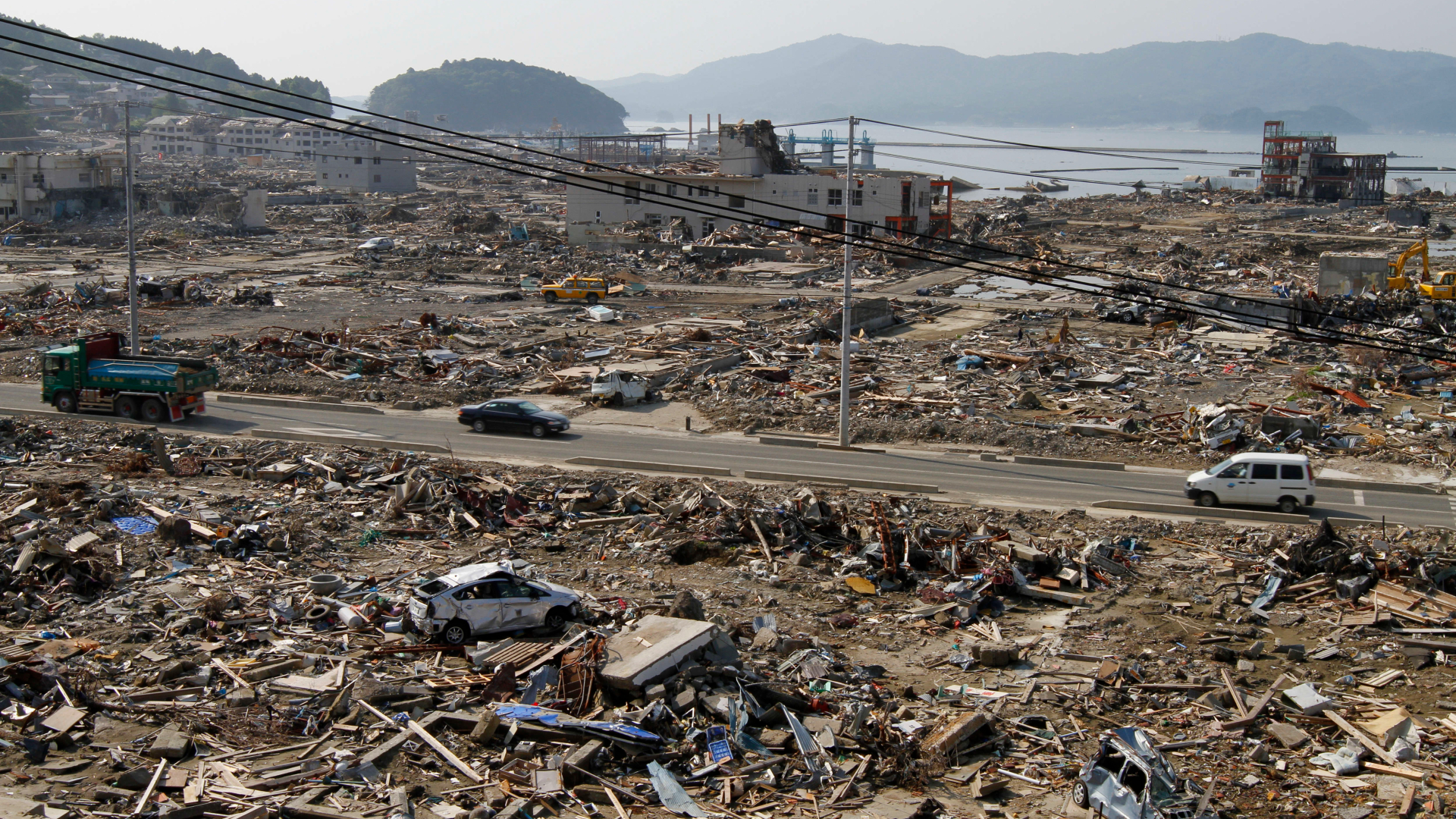Scotland, UK: Latest updates on Coronavirus
Of the 53,082 Scottish citizens tested for the virus, 11,034 came back positive and 1,415 have died.

Get the world’s most fascinating discoveries delivered straight to your inbox.
You are now subscribed
Your newsletter sign-up was successful
Want to add more newsletters?

Delivered Daily
Daily Newsletter
Sign up for the latest discoveries, groundbreaking research and fascinating breakthroughs that impact you and the wider world direct to your inbox.

Once a week
Life's Little Mysteries
Feed your curiosity with an exclusive mystery every week, solved with science and delivered direct to your inbox before it's seen anywhere else.

Once a week
How It Works
Sign up to our free science & technology newsletter for your weekly fix of fascinating articles, quick quizzes, amazing images, and more

Delivered daily
Space.com Newsletter
Breaking space news, the latest updates on rocket launches, skywatching events and more!

Once a month
Watch This Space
Sign up to our monthly entertainment newsletter to keep up with all our coverage of the latest sci-fi and space movies, tv shows, games and books.

Once a week
Night Sky This Week
Discover this week's must-see night sky events, moon phases, and stunning astrophotos. Sign up for our skywatching newsletter and explore the universe with us!
Join the club
Get full access to premium articles, exclusive features and a growing list of member rewards.
Last Update April 29 at 17:11 p.m. BST
The Scottish Government has announced that a total of 53,082 of the country’s citizens have been tested for coronavirus (COVID-19). The statement, released on April 29, has uncovered that 11,034 have come back positive, while 1,415 have died from the virus.
Data from geographic information system ArcGIS states that the U.K.'s countries of Scotland, England, Northern Ireland and Wales have amassed 161,145 cases of infection and, as of April 28, 21,678 deaths have been recorded across Britain.
The country’s lawmakers are looking to pass an emergency coronavirus bill, designed to give Scotland increased powers in protecting its 5.47 million citizens from COVID-19. Although many new regulations and laws passed by Members of Parliament in London are in force in the country, areas in which the government has devolved power require new Scotland-specific laws. This includes the courts, businesses and housing regulations.
The Scottish Government admits that there will need to be a "significant adjustment" to the operation of public services and businesses. To keep Scottish courts running and dealing with serious criminal trials, everyone from judges, solicitors and lawyers, the accused, witnesses and juries will be able to appear via video link.
The bill also gives renters of homes greater protection from eviction during the pandemic lockdown, with a new minimum notice period that landlords can give tenants of six months.
The Scottish Government sat for one day to pass the new bill at Holyrood in the Scottish city of Edinburgh, with extended voting times to allow lawmakers to practice social distancing while passing their votes.
Get the world’s most fascinating discoveries delivered straight to your inbox.
After the bill has passed, Holyrood will be closed for several weeks to allow the pandemic to pass. The new legislation has a six-month limitation, after which politicians would need to vote to continue the new laws for another six months if necessary.
To assist Britain's National Health Service (NHS) in treating people hospitalized by COVID-19, a new medical facility, NHS Louisa Jordan — named after a First World War nurse — has opened in Glasgow. It has initial capacity for 300 coronavirus patients, with the option to expand to accommodate more than 1,000 people. The facility mirrors the new NHS Nightingale, a huge coronavirus-dedicated temporary hospital in the ExCel conference center in London.
As previously reported by Live Science, researchers at the University of Oxford’s Jenner Institute and Vaccine Group have begun recruiting 510 healthy 18-55 volunteers in an effort to locate a vaccine for COVID-19. A vaccine won't be ready for several weeks, the researchers said.
In a statement from Scottish Health Secretary Jeane Freeman on April 1, Freeman said that she hoped that NHS Louisa Jordan would not have to be used, but that "we must prepare for every eventuality. The public’s contributed efforts to stay at home, in addition to the other measures implemented and the steps we are already taking to increase capacity within existing hospitals are all aimed at making sure NHS Scotland can cope with the expected surge in patients. NHS Louisa Jordan will ensure there is even further capacity if needed," Freeman said.
The Scottish First Minister, Nicola Sturgeon, has asked for citizens to comply with the current lockdown in force across Britain. In a statement to her fellow Members of Scottish Parliament, she said: "[the country's] current modeling of the spread of the virus — which I must stress assumes continued high compliance with the lockdown measures — together with the steps we are taking to increase [Intensive Care Unit (ICU)] capacity, suggests our ICUs are in a much stronger position to cope with the expected peak of the epidemic."
National Health Service (NHS) COVID-19 hotline: 111
Health advice (free helpline): 0800 028 2816
For life-threatening emergencies: 999
Cases by health board:
- Ayrshire and Arran: 745
- Borders: 279
- Dumfries and Galloway: 244
- Fife: 712
- Forth Valley: 717
- Grampian: 813
- Greater Glasgow and Clyde: 2,672
- Highland: 236
- Lanarkshire: 1,329
- Lothian: 1,907
- Orkney: 7
- Shetland: 54
- Tayside: 1,313
- Eileanan Siar (Western Isles): 6
- Total: 11,034
OFFER: Save 45% on 'How It Works' 'All About Space' and 'All About History'!
For a limited time, you can take out a digital subscription to any of our best-selling science magazines for just $2.38 per month, or 45% off the standard price for the first three months.

Gemma was the former content director of Live Science, Space.com, science and space magazines How It Works and All About Space, history magazines All About History and History of War. She is the author of several books including "Quantum Physics in Minutes", "Haynes Owners’ Workshop Manual to the Large Hadron Collider" and "Haynes Owners’ Workshop Manual to the Milky Way". She holds a degree in physical sciences, a master’s in astrophysics and a PhD in computational astrophysics.
 Live Science Plus
Live Science Plus











